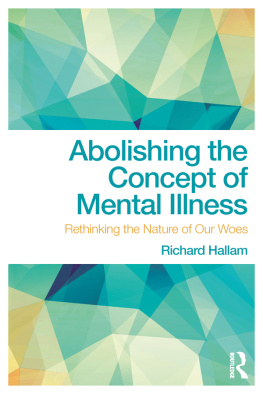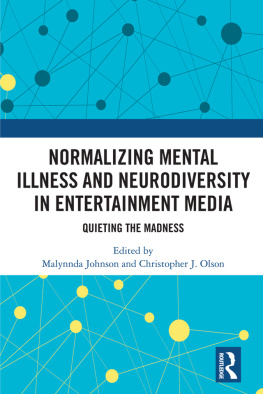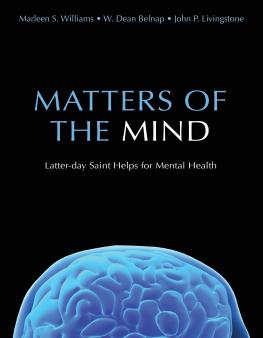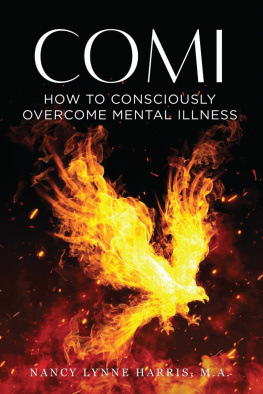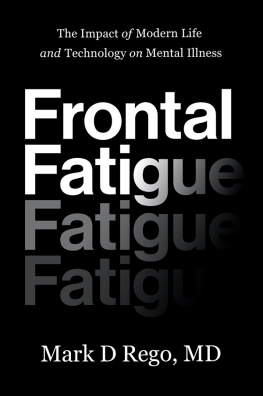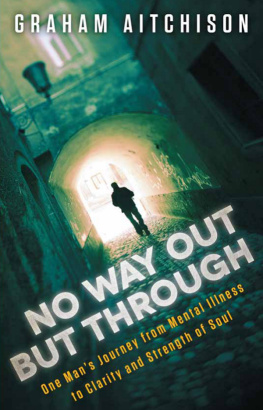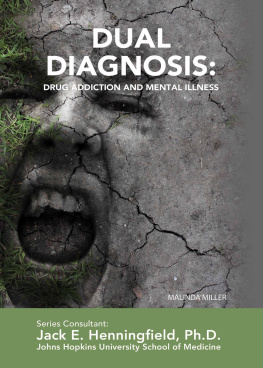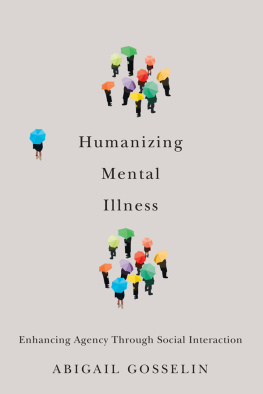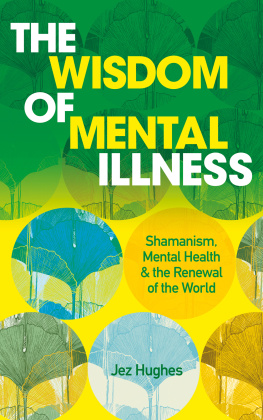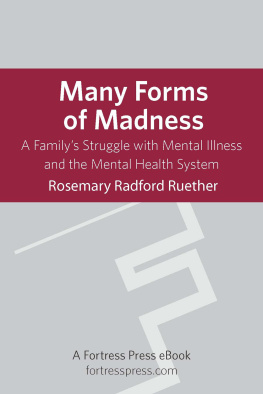ABOLISHING THE CONCEPT OF MENTAL ILLNESS
In Abolishing the Concept of Mental Illness: Rethinking the Nature of Our Woes, Richard Hallam takes aim at the very concept of mental illness, and explores new ways of thinking about and responding to psychological distress.
Though the concept of mental illness has infiltrated everyday language, academic research, and public policy-making, there is very little evidence that woes are caused by somatic dysfunction. This timely book rebuts arguments put forward to defend the illness myth and traces historical sources of the mind/body debate. The author presents a balanced overview of the past utility and current disadvantages of employing a medical illness metaphor against the backdrop of current UK clinical practice.
Insightful and easy to read, Abolishing the Concept of Mental Illness will appealto all professionals and academics working in clinical psychology, as well as psychotherapists and other mental health practitioners.
Richard Hallam worked as a clinical psychologist, researcher, and lecturer until 2006, mainly in the National Health Service and at University College London and the University of East London. Since then he has worked independently as a writer, researcher, and therapist.
ABOLISHING THE CONCEPT OF MENTAL ILLNESS
Rethinking the Nature of Our Woes
Richard Hallam
First published 2018
by Routledge
2 Park Square, Milton Park, Abingdon, Oxon OX14 4RN
and by Routledge
711 Third Avenue, New York, NY 10017
Routledge is an imprint of the Taylor & Francis Group, an informa business
2018 Richard Hallam
The right of Richard Hallam to be identified as author of this work has been asserted by him in accordance with sections 77 and 78 of the Copyright, Designs and Patents Act 1988.
All rights reserved. No part of this book may be reprinted or reproduced or utilised in any form or by any electronic, mechanical, or other means, now known or hereafter invented, including photocopying and recording, or in any information storage or retrieval system, without permission in writing from the publishers.
Trademark notice: Product or corporate names may be trademarks or registered trademarks, and are used only for identification and explanation without intent to infringe.
British Library Cataloguing in Publication Data
A catalogue record for this book is available from the British Library
Library of Congress Cataloging in Publication Data
A catalog record for this book has been requested
ISBN: 978-1-138-06764-6 (hbk)
ISBN: 978-1-138-06313-6 (pbk)
ISBN: 978-1-315-16124-2 (ebk)
Typeset in Bembo
by Keystroke, Neville Lodge, Tettenhall, Wolverhampton
CONTENTS
I am grateful for the astute comments and editorial suggestions of Glenn Shean, Chris Lee, and Gary Brown on early versions of the manuscript, and for innumerable conversations with other colleagues and friends.
INTRODUCING THE ISSUES
Absurd! How can you abolish mental illness? I used to have a mental health problem myself. My great-uncle spent years in an asylum and he was definitely insane!
The title of this book invites the reader to question the meaning of words in common use and to imagine a future in which we stop referring to mental illness. We have given up thinking about people as being possessed by the devil. Perhaps it is time to think differently about how to describe and explain the causes of our woes. At present, we seem content to leave it to experts to declare whether or not we are mentally healthy. The bleak terminology of mental disease or illness is reserved for rather obvious departures from mental health, but the idea of pathology is still present in watered-down terms such as psychological disorder or mental health issue. Mental health professionals may rely on little more than answers to a questionnaire measuring psychological symptoms to justify giving out a diagnostic label. If a problem seems to be a serious one, a persons suffering or difficulties will be matched against criteria set out in manuals for diagnosing psychiatric illness.
The idea that the ability to live well has something to do with health and illness has infiltrated our social institutions to a remarkable degree. We have been invited to suppose that mental illness is illness, in other words, like a physical illness, something that we either have or dont have. Mental ill-health encompasses a huge range of undesirable states of being, personal failings, and unacceptable behaviours. I will refer to them using the generic word woes, without assuming that the latter share anything in common with respect to their causes or how the woeful person experiences them. Rather than adopt the phrase a problem in living, which implies a problem for a particular person, I have chosen the word woe to refer to a state of affairs that is social as well as personal. In its archaic use, a woe was a lament about being afflicted, wretched, or mournful. The thesis of this book is that woes have been medicalised, and recommends that we abandon the concept of mental illness, and imagine a future without it.
This thesis is easily stated but immediately stirs up many questions. In this chapter, I set out the principal issues covered in the rest of the book. It needs to be said straight away that, more than fifty years ago, the psychiatrist Thomas Szasz declared that mental illness is a myth (Szasz, 2010 [1961]). I have therefore devoted a chapter to an analysis of his ideas and the arguments that critics have put forward to rebut them. The opposition Szasz encountered did not simply amount to a spat amongst academics and professionals. The debate about mental illness as a myth goes much deeper than this because a connection between health, illness, and woes has existed in ordinary speech for millennia. Although the concept of mental illness is ancient, it competed with beliefs in divine intervention, witchcraft, and sorcery, which have now largely disappeared in Western societies. The phrase mental illness is now so commonplace that it is assumed to describe a literal state of affairs rather than constituting an explanation. In brief, it attributes a woe to something amiss in the mind or body of a woeful person. In , I explore the historical origins of this myth.
What, then, does it mean to locate the cause of a persons woe in their dysfunctional mind or body? Definitions of disease and illness are controversial, and so this question is not easily answered. However, few people seem to dispute the idea that mental illness is a matter of health. Governments see it as one of their duties to look after the health and welfare of their citizens, and the conceptualisation of woes as illnesses has been accepted across all strands of political opinion. Provisions for mental illness form part of services for physical health and social welfare. I will argue that the concept of mental illness is an example of the medicalisation of woes, and that this has led to mystification about causation, misdirection of efforts, and, on occasions, has usurped human rights. The final chapter of the book critically evaluates the role played by a concept of mental illness in policy documents published recently in the UK.
Mental illness as myth
Thomas Szaszs belief that mental illness is a myth was vigorously contested. He restated his position shortly before he died (Szasz, 2011) and this invoked a scornful commentary (Shorter, 2011), illustrating how little influence Szasz exerted in some quarters of psychiatry. Shorter dismisses the weasel word disorder and places his money on disease. Other experts also express themselves in the uncompromising language of disease. Morgan (2016) states that depression is a common and crippling disease, even though he accepts that it may be a response to bereavement or other life events.

